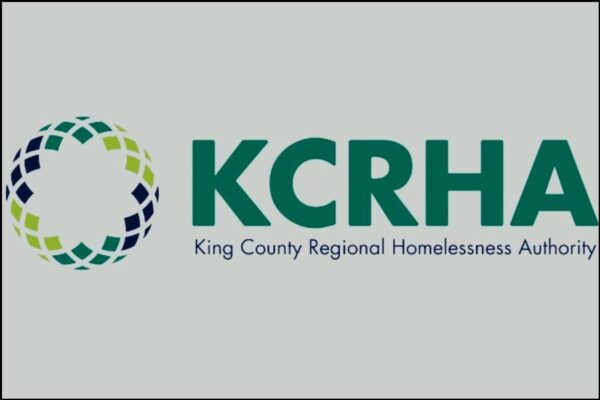Point-in-Time Count a Wake-Up Call for More Eviction Prevention
There is much debate about the strength of the link between evictions and homelessness. I support the belief posited by Matthew Desmond, a sociology professor at Princeton University and author of the Pulitzer Prize-winning book, “Evicted: Poverty and Profit in the American City.”
Desmond says that many people think that folks become homeless after eviction due to lack of money, which he says is not true. Instead, Desmond believes, people become homeless after eviction when they run out of community.
Desmond added that many people who struggle with housing stability get help from others through a gift or a loan of money. They are able to sleep on a family member’s couch. Yet when people run out of those resources, when family or friends are no longer there to help, they become homeless.
For me, Desmond’s words underscore that homelessness is a process and that it is inextricably linked to our society, whether it’s family, friends, or organizations offering services and support.
Desmond’s words also came to mind when I read last week that the 2024 Point-In-Time Count—the HUD-sponsored annual tally of people experiencing homelessness across America’s jurisdictions—showed that more than 16,000 people were reported to be living on the streets of King County this year. The number was 23% greater than in 2022, the last time the count was conducted.
At United Way of King County, we believe that state, regional, and local governments must spend more resources to keep people housed through rental assistance and eviction prevention. We must return to pandemic-era government funding that helped people remain in their homes.
We must put aside our differences, cease the debate about the causes of homelessness, and embrace a holistic approach to the solution—one that includes rental assistance, affordable housing, and home ownership support.
In May 2022, King County officials placed United Way in charge of the county’s federally supported emergency rental assistance program. In partnership with local governments, United Way processed more than $200 million in federal funding for rental assistance and eviction protection. During one period, United Way distributed about $1 million a week in rental assistance—about 85 households each receiving nine months of back rent and three months of future rent.
Now that much of that federal funding has been discontinued, the wait list for people needing rental assistance in King County has grown from a few hundred to more than 13,000—with as many as 1,200 applicants added each month. Gone also are the eviction moratoriums that helped people remain housed during COVID. The result is that many people are left to fend for themselves or resort to the kind of help Desmond spoke about.
We must put aside our differences, cease the debate about the causes of homelessness, and embrace a holistic approach to the solution—one that includes rental assistance, affordable housing, and home ownership support.
United Way of King County President & CEO Gordon McHenry, Jr.
Years ago, my wife and I had a friend from college whose health deteriorated due to a medical condition. He lost his housing after his medical bills increased. We allowed him to live in the basement of our leasing house. That’s where he lived because he lost his ability to work due to poor health.
Then we had a relative who was one of the gentlest souls you would ever know, but he had some learning difficulties, and as a result, he found it difficult to keep a steady job. He also lived in a basement with a relative before one of the local community leaders helped him find a Single-Resident Occupancy room at a former hotel.
He was unstably housed for most of his adult life, but he had a community of family and friends that helped him. Yet he died at an early age, in part from having lived such a hard life.
In my time leading both United Way and Solid Ground, whether it’s people we know or those we are related to, we have seen how harmful and unhealthy it is to be in a state of housing instability and how hard it is for many to stay stable. There has always been an undercount of the number of unstably housed or unhoused people. In King County, which has such immense resources and wealth, housing instability should not exist.
Some who have commented on the most recent Point-in-Time count have stressed the importance of eviction protection. We see the count as a call to action. Until we address the housing stability problem, we will continue to have a homelessness problem.





Comments